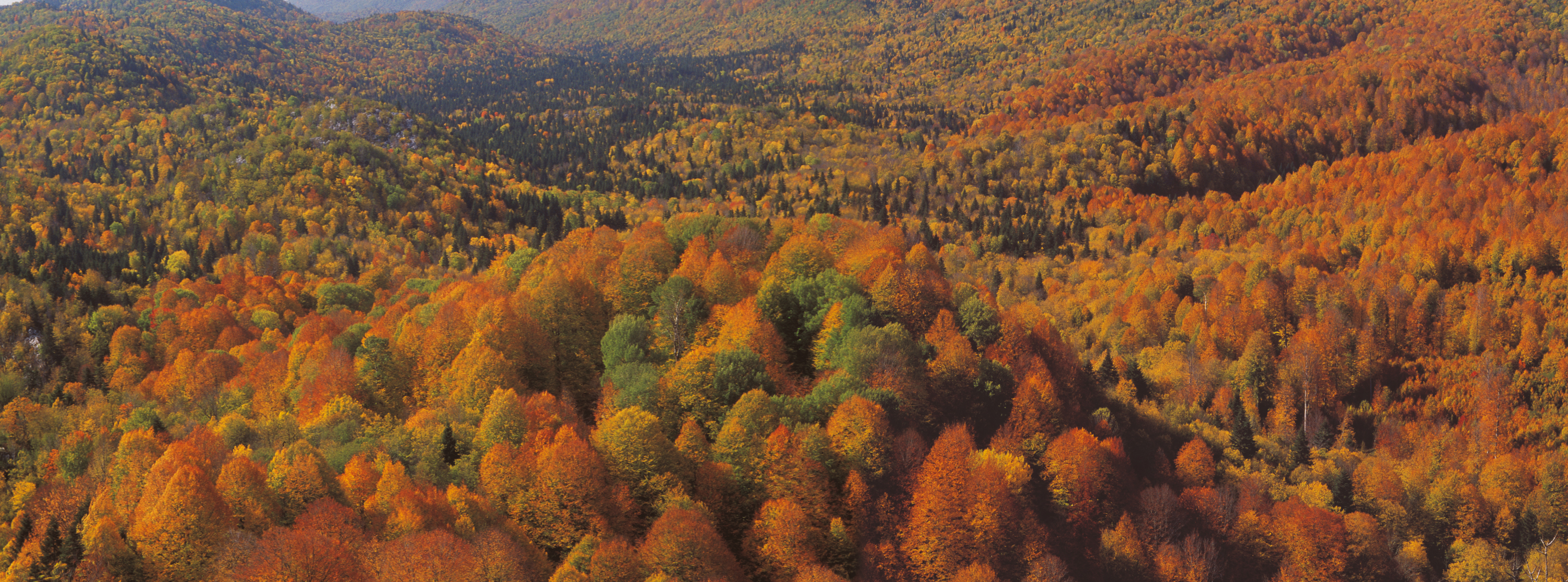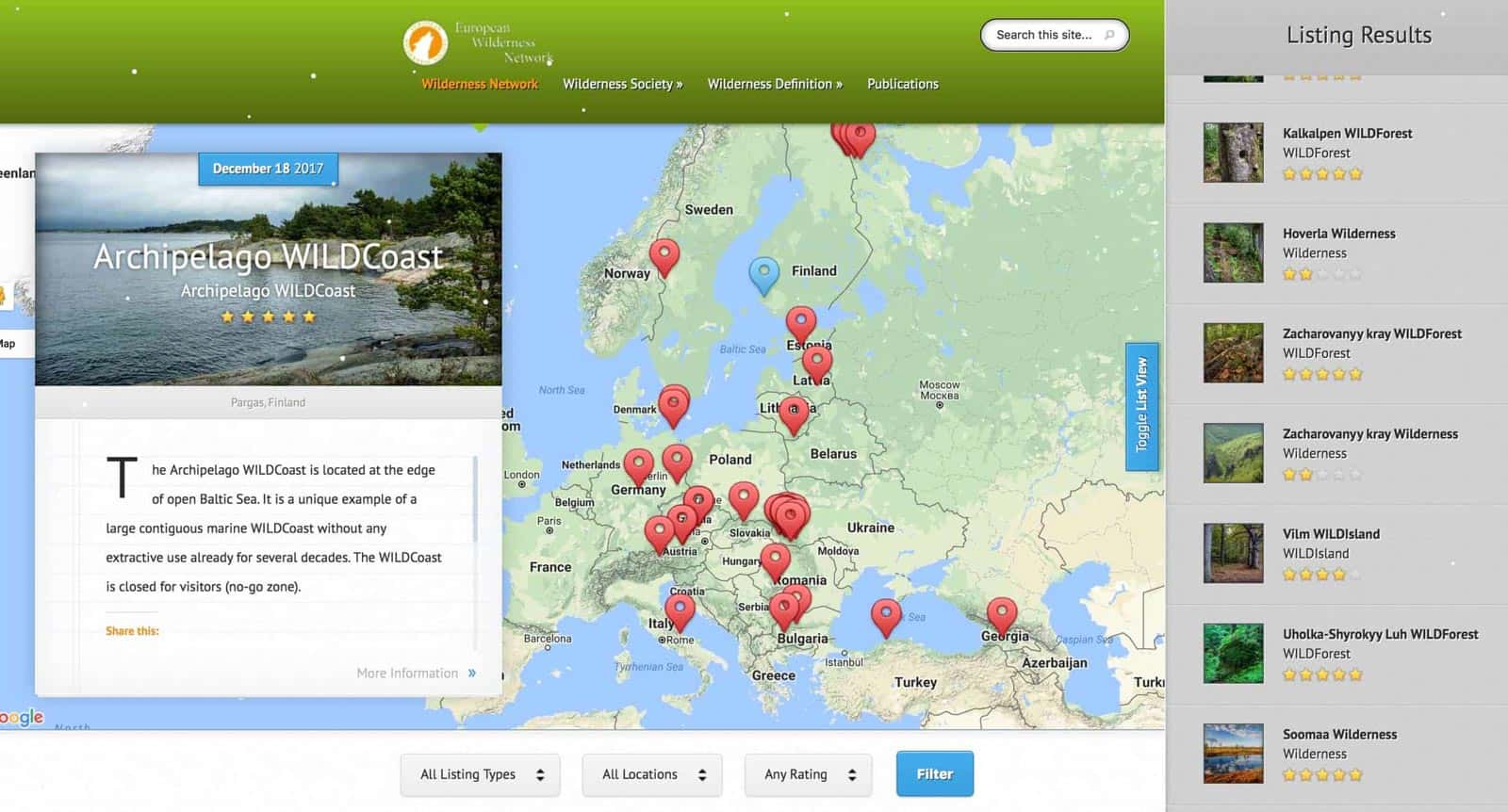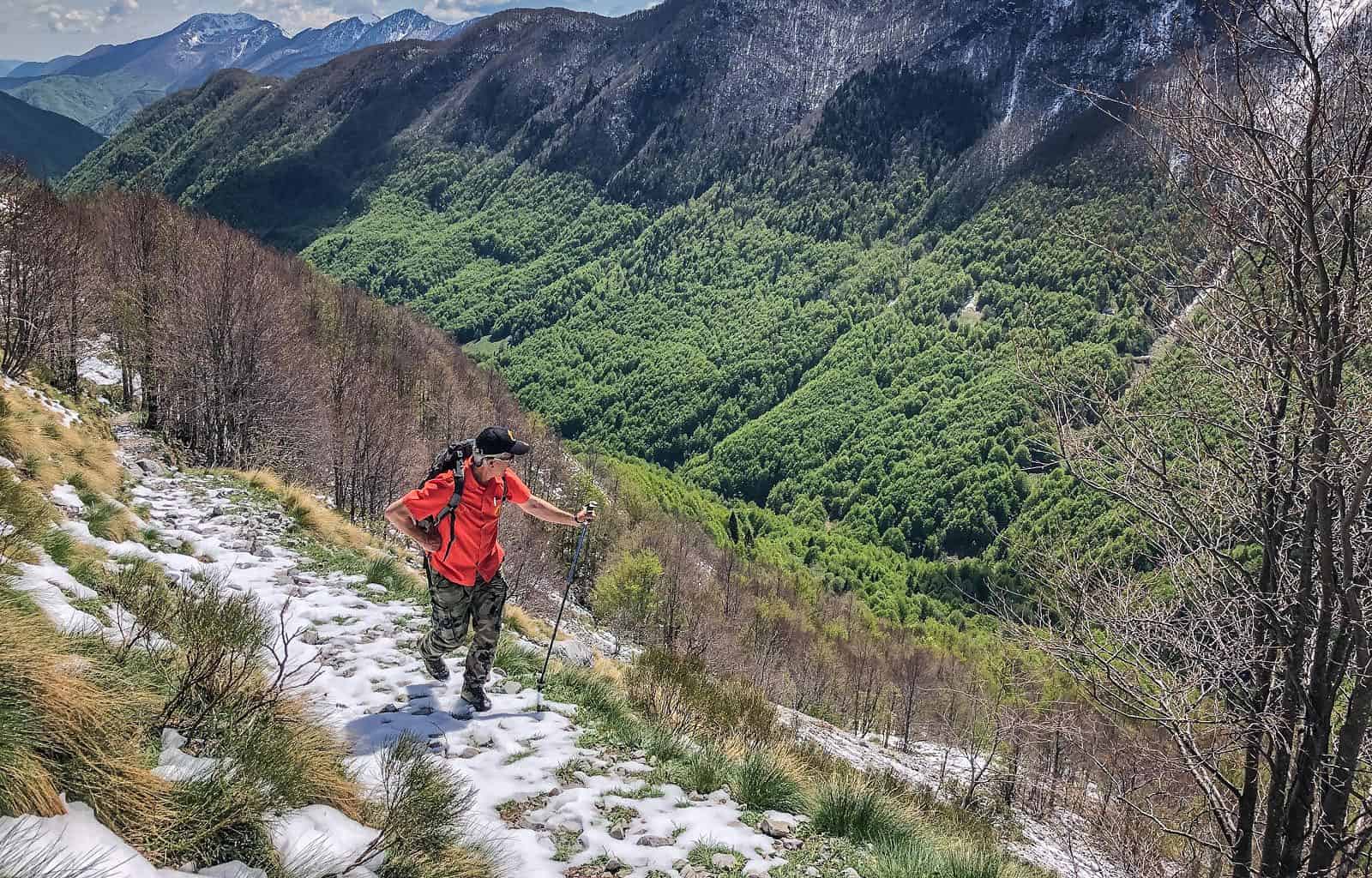Action Alert: Protect Parks during the U.S. Government shutdown
When government support for protected areas is paused, nature becomes more vulnerable.
The latest U.S. government shutdown directly affects National Parks, National Forests, and Bureau of Land Management areas. While trails may stay open, services are suspended, leaving ecosystems exposed. How this crisis highlights the importance of responsible stewardship and how the European Wilderness Society promotes the Respect Nature principles to protect wild places. Read more:
Why shut down matters beyond the U.S.
Since 1980, the United States has faced more than 20 federal government shutdowns, most of them brief, with a few lasting several weeks and heavily impacting national parks and public services. In Europe, however, there has never been a comparable shutdown: while political budget crises have occurred, essential public services – including the management of parks and protected areas – have never been suspended.
At the European Wilderness Society we recognize that the vulnerability of natural areas during times of crisis highlights a universal truth: nature protection depends on both institutional support and responsible individual behaviour.
Through the European Wilderness Quality Standard (EWQA), a high-quality, science-based wilderness stewardship across Europe is promoted. Today, the European Wilderness Network already includes more than 40 certified Wilderness areas in 17 countries, covering over 310,000 hectares of core wilderness. These sites demonstrate that long-term protection of wilderness nature is possible when science, policy, and communities come together.
An essential part of this effort is our „Respect Nature training programme“, which equips nature lovers with the skills to minimize their impact. Just lately we hosted an intensive Respect Nature youth training in the UNESCO Biosphere Reserve Lungau in Austria. Young people learned how ecosystems respond to stress and why prevention is always better than restoration.
Scientific Perspective
Research consistently shows that when management capacity decreases, even moderate visitor pressure can have disproportionately high impacts on ecosystems (Cole 2004; Larson et al. 2016; Marion & Cole 1996; Eagles et al. 2002). Soil compaction, vegetation loss, and wildlife disturbance accumulate rapidly. Preventing such damage is far more efficient than repairing it later – both ecologically and economically.
It is important to remember that in certified Wilderness, management is less about controlling nature and more about protecting visitors from risks and guiding their behaviour. True Wilderness, as promoted by the European Wilderness Society, is defined by the minimization of human interference – and yet, even such places require clear rules to ensure their long-term protection. The current shutdown in the United States is therefore not only a domestic governance issue, but also a global reminder: the health of protected areas depends on proactive stewardship and international solidarity in promoting responsible nature use.



Ten Principles of Respect Nature – and Four That Matter Most Right Now
The European Wilderness Society’s Respect Nature programme is built on 9 simple principles that guide visitors in reducing their impact and protecting the wild. These include: know where you go, stay on trails, minimise camping impact, keep nature clean, make fire responsibly, show respect, respect wildlife, respect others, respect livestock protection.
In the context of the U.S. government shutdown, however, four of these principles become particularly critical, as national parks and forests remain open but are largely without staff and services:
- Stay on trails– to avoid erosion and habitat destruction.
- Keep nature clean – take all waste home! bins may not be serviced, so every piece of litter matters.
- Show respect – areas are closed for safety reasons and to protect fragile ecosystems.
- Respect wildlife – do not approach wild animals, they are vulnerable and may not behave the way you like.
These four rules embody the essence of self-responsibility in nature, especially when official management and monitoring are disrupted.
From Lungau to the World
The current U.S. shutdown is a striking example of how political decisions directly affect nature conservation. From Yellowstone to Yosemite, and from the Alps to the Carpathians, our message remains the same: Respect Nature, because protection starts with you! How do you practice Respect Nature when you visit parks and Wilderness — and what steps could you take today to ensure these landscapes are preserved for tomorrow? Learn more about the Respect Nature Principles and the European Wilderness Quality Standard (EWQA), and join us in safeguarding wild places for future generations.
Discover more from European Wilderness Society
Subscribe to get the latest posts sent to your email.











Great post, my friends. Thank you. Over here, the fight continues. Jim